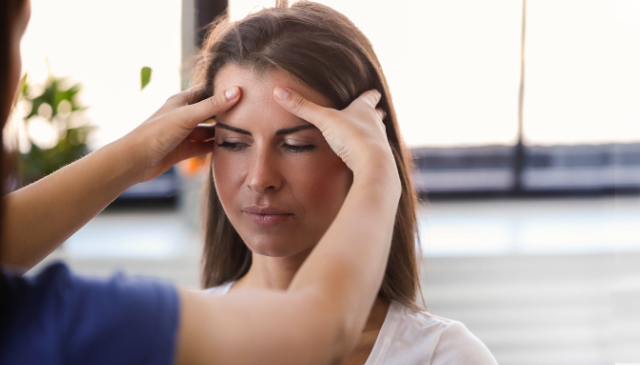Health Blog: Solutions & Wellness Tips
The Importance of a Good Night's Sleep

In today's busy world, getting a full night's sleep might seem like an impossible endeavor. After all, there's work, family, friends and errands that need to be taken care of. With so much on your plate, you might be lucky to get a full four to five hours before waking up to do it all over again.
However, if you're skimping on your sleep, you're also making it difficult to operate at an optimal level the next day.
When we sleep, the brain and internal organs are hard at work repairing, processing, and restoring the body. These restorative processes apply at the molecular level as well as the intellectual one; in other words, a full night's sleep improves your energy balance, intellectual functional, alertness, and mood.
The bottom line is that people who get a full night's sleep are operating at entirely different levels than people who are scraping by on four or five hours sleep. A wealth of research highlights the fact that tired people are less productive at work, have lower levels of reasoning, problem-solving, and attention to detail, and may even develop depression over time.
Sleep also affects growth and stress hormones, the immune system, appetite, breathing, blood pressure, and cardiovascular health. Not getting your seven to eight hours of sleep each night can put you at risk for obesity, heart disease, and infections, and can also produce diabetic-like conditions in otherwise healthy people. Some research even suggests that a lack of sleep can affect the efficacy of vaccinations; for example, a study suggests that sleep-deprived people are more likely to develop the flu after receiving a flu vaccination.
So just what is a good night's sleep? Research suggests that adults need about seven to eight hours, while teenagers need nine. Children should get about ten hours of sleep, while babies sleep for a whopping 16 hours each day.
To enhance the time you spend under the covers, researchers suggest cutting off caffeine after 3 pm, removing electronics from the bedroom, and turning off any lights (even those from your clock), as these can prevent your body from entering a restorative deep sleep.
Sleep is as critical to your health as exercising and eating right. Therefore, make a conscious effort to get a full night's sleep every night - not just when your schedule allows for it.



